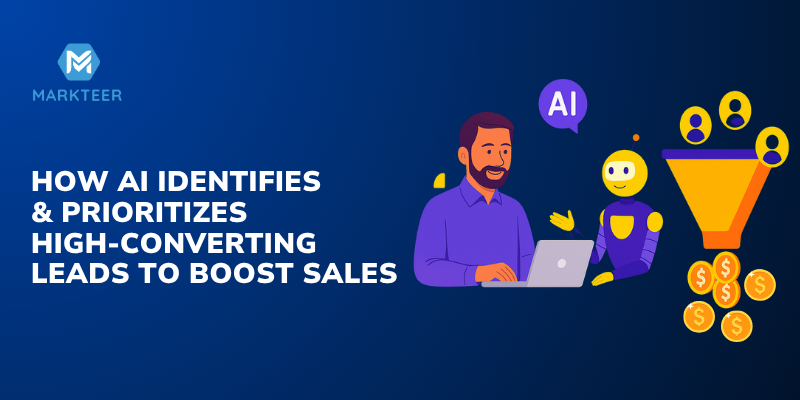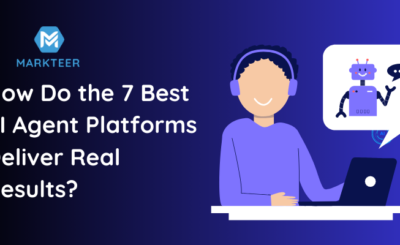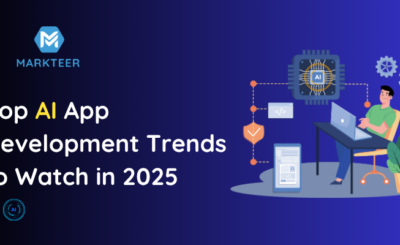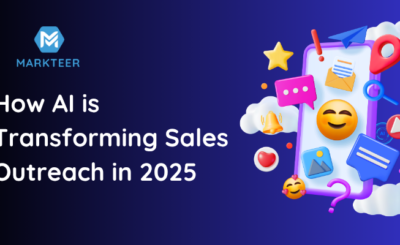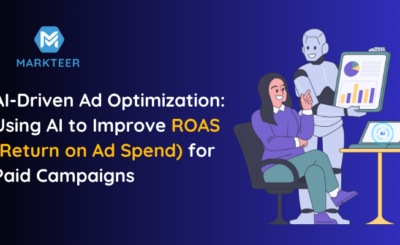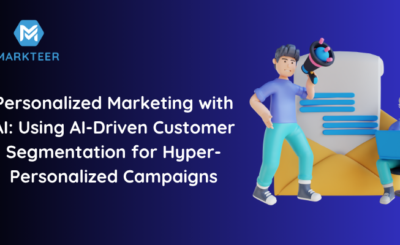In today’s competitive sales environment, identifying high-converting leads can mean distinguishing between a closed deal and a lost opportunity. Traditional lead scoring methods—based on manually assigning points to behaviors like email opens or website visits—often fall short. That’s where AI lead scoring steps in, using data-driven algorithms and machine learning to prioritize leads with much higher accuracy.
According to the Upleads report, 43% of sales professionals already use AI, and high-performing teams are 4.1x more likely to use AI tools than their underperforming counterparts. This shift is not just about efficiency—it’s about smarter selling and maximizing conversions.
What is Lead Scoring and Why It Matters
Lead scoring assigns values to leads based on their behaviors, demographics, and buying likelihood. The goal is to focus sales efforts on leads most likely to convert, ultimately improving pipeline quality and closing rates.
Traditional lead scoring models rely on static rules, such as giving 5 points for an email open and 10 for a form submission. However, these rules often lack nuance and don’t reflect customer intent.
AI-driven lead scoring, on the other hand, uses historical data and machine learning algorithms to assess which attributes and behaviors truly correlate with conversions. These models get smarter over time as more data is introduced. In fact, according to Forrester Research, companies using AI for lead scoring report a 50% increase in lead-to-sale conversion rates.
How AI-Powered Lead Scoring Works
AI lead scoring models work by training on historical CRM and behavioral data to identify patterns among successful sales outcomes. These models consider variables such as
- Demographics (job title, company size, industry)
- Engagement behaviors (website visits, content downloads, email responses)
- Firmographic data (business type, revenue, location)
- CRM activity logs (calls, meetings, notes)
Machine learning algorithms, such as logistic regression, decision trees, or neural networks, analyze this data to generate a predictive score that indicates how likely a lead is to convert.
Many popular CRMs now include built-in AI tools. For example:
- HubSpot’s Predictive Lead Scoring uses past customer data to identify patterns among converted leads.
- Salesforce Einstein assigns a lead score based on behavior, CRM updates, and external data.
- Zoho Zia analyzes past sales to score leads automatically.
Companies implementing AI-based scoring reduced lead follow-up time by 60%, resulting in higher rep productivity.
Also Read: How Marketing Automation Empowers Small Businesses?
Benefits of AI in Lead Management
More Accurate Prioritization
Unlike traditional rule-based scoring, AI learns from real historical data and adapts to shifting buyer behaviors, making prioritization far more precise. According to Gartner, B2B companies that use AI for lead scoring experience a 30% improvement in conversion rates.
Increased Efficiency
Sales reps often waste time on leads that don’t convert. AI reduces this inefficiency by surfacing leads with the highest buying intent. Harvard Business Review notes that responding to a lead within one hour of initial contact increases the likelihood of qualifying them by 7x.
Improved Sales and Marketing Alignment
When AI defines what a “qualified” lead looks like based on data, both marketing and sales teams align more easily around shared goals. According to LinkedIn’s State of Sales, 87% of sales and marketing leaders say collaboration improves lead quality.
Also Read: 10 Reasons Why You Must Integrate Landing Pages with Your CRM
How to Automate Your CRM with AI-Powered Lead Scoring
Setting Up AI Lead Scoring
To implement AI scoring:
- Define your ideal customer profile based on past conversions.
- Clean and enrich your CRM data for accuracy.
- Choose a CRM platform with AI features.
- Integrate third-party data sources, like Clearbit or ZoomInfo, to improve insights.
- Monitor and adjust the model over time to reflect new trends.
CRM Platforms That Support AI Scoring
Several CRMs support AI scoring natively:
- Salesforce Einstein
- HubSpot Marketing Hub
- Zoho CRM with Zia
- Freshsales with Freddy AI
- Microsoft Dynamics 365 AI
IDC forecasts that by 2025, AI-powered CRM solutions will generate $1.1 trillion in global business revenue, primarily by improving customer targeting and operational efficiency (IDC, 2023).
Workflow Automation
After scoring, leads can be automatically
- Routed to specific sales reps
- Added to email nurture flows
- Triggered for follow-up reminders
- Categorized into pipelines or priority queues
This automation reduces time-to-contact and ensures high-value leads get immediate attention.
How to Measure Lead Scoring Success?
To evaluate your AI scoring, track:
- Lead-to-MQL conversion rates
- Sales cycle length
- Close rates by lead score
- Revenue per scored lead
- Engagement of high-scoring leads
For example, according to Aberdeen Group, companies that used AI scoring with tailored follow-ups saw an average 35% higher deal size (Aberdeen, 2021).
Adobe’s Success with Predictive Scoring
Adobe implemented AI-driven lead scoring to streamline sales and prioritize enterprise prospects. As a result, they shortened their sales cycle by 30% and increased engagement rates by 25%.
What are Common Challenges? and How to Overcome Them
While robust, AI agent solutions and AI-led scoring face a few key challenges:
- Poor data quality: AI models need clean, enriched, and consistent data. Regular audits and integration with external data providers can help.
- User adoption issues: Sales reps may resist relying on AI. Provide training and use early wins to build trust.
- Lack of customization: Out-of-the-box models may not fit your business. Choose tools that allow tailored inputs.
- Misalignment between sales and marketing: Solved by collaboratively defining scoring rules and KPIs and involving both teams in the setup process.
What Do We Predict about AI in CRM and Lead Management?
The future of AI in CRM is not just about scoring but real-time recommendations, buyer intent analysis, and even personalized content creation.
Emerging tools like ChatGPT for sales, conversation intelligence, and AI-generated email follow-ups are taking the next step in automation. According to McKinsey, companies using AI in sales report 50% more leads, 60% shorter call times, and 40% lower acquisition costs.
Also Read: 12 Sales Automation Ways to Improve Your Business
Final Thoughts
AI-powered lead scoring is no longer optional—it’s essential. By enabling sales teams to focus on high-intent leads, AI increases conversion rates, improves sales efficiency, and drives predictable revenue growth. With tools readily available in most modern CRMs, businesses of all sizes can leverage predictive lead scoring, AI in sales conversion, and CRM lead scoring automation to stay ahead.
Integrating AI into your lead management process is the most innovative way to boost sales productivity and close more deals.
Frequently Asked Questions (FAQs)
Q1. What is AI lead scoring?
It’s a way to rank leads using AI and data to determine who is most likely to buy.
Q2. How does AI know which lead will convert?
AI analyzes past sales data and behaviors like clicks, visits, and emails to predict interest.
Q3. Why is AI lead scoring better than manual scoring?
It’s faster, learns over time, and is more accurate than rules made by humans.
Q4. Which CRMs offer AI lead scoring?
Tools like Salesforce, HubSpot, Zoho, and Freshsales have AI scoring features.
Q5: What services does Markteer offer?
Digital marketing, SEO, branding, web design, and more.
Q6: Can you help small businesses?
Yes! Customized marketing for all business sizes.
Q7: How soon will I see results?
Ads can be instant; SEO takes a few months.
Q8: Do you provide progress reports?
Absolutely! Transparent reports to track success
